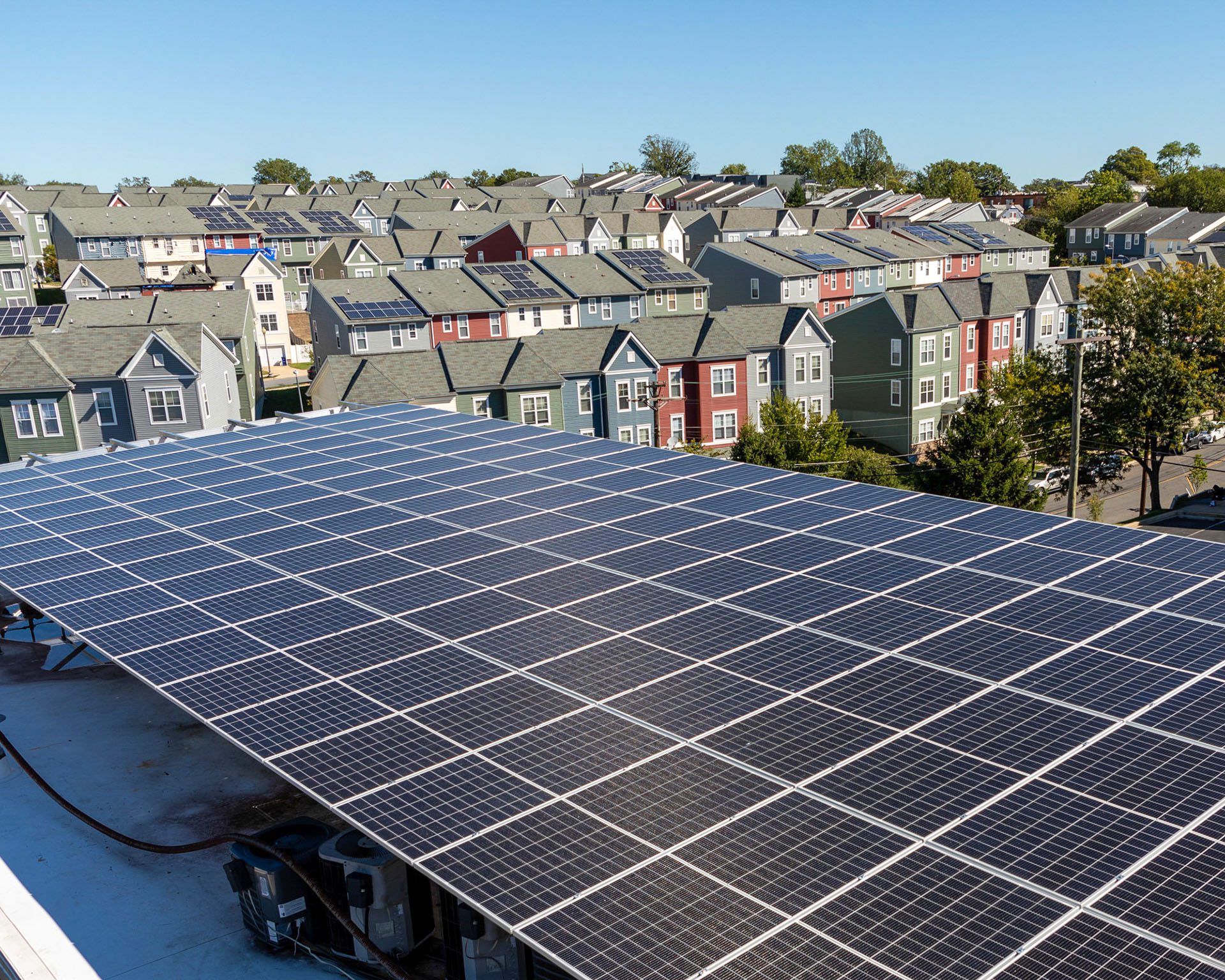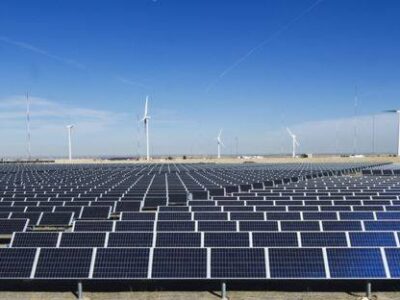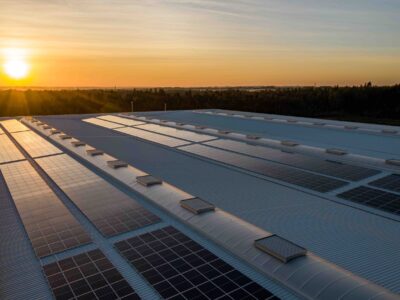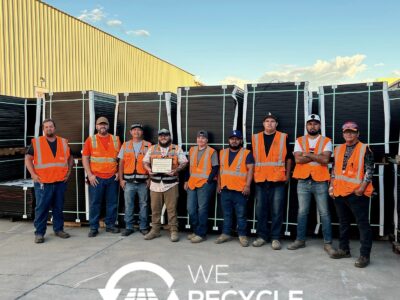Baltimore’s community solar farm company, WeSolar Energy, brings renewable energy access to under-resourced communities. Kristal Hansley launched the company on Juneteenth 2020, focusing on improving solar energy availability for low-income Black neighborhoods in Maryland and Washington, D.C.
It was her work as legislative support for Washinton, D.C., Congresswoman Eleanor Holmes-Norton that inspired Hansley to create WeSolar. In Holmes-Norton’s office, she realized that solar effectively reduced the cost of electricity for most households.
When former Governor Larry Hogan endorsed the goal of expanding a 100% clean energy mandate by 2040 and Maryland passed legislation that half of all electricity must come from renewable energy by the end of the decade, Hansley knew it was critical for all areas of the state to have equal access to this type of energy, which led to the opening of WeSolar. That decision also made Hansley the first Black woman to open a community solar company in America.
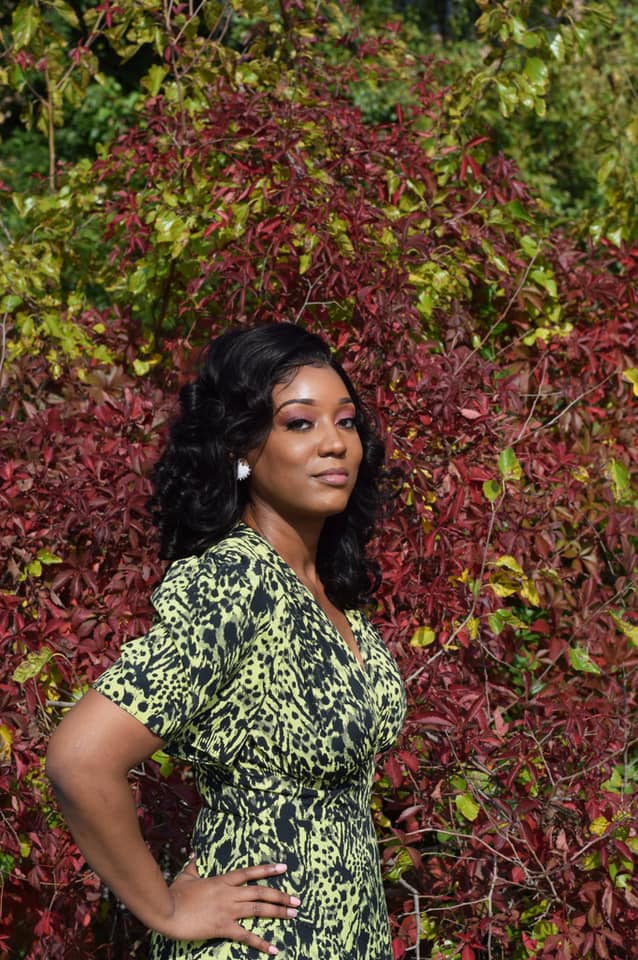
Photo Courtesy WeSolar
“There’s not a lot of representation as far as women and also people of color,” Hansley said to 7 News. “95% of solar executives are white men. And a lot of the barriers that’s associated with traditional rooftop solar excludes 80% of households in our country.”
WeSolar’s mission is to ensure often-underserved, historically Black community homes and commercial properties have equal access to renewable energy sources.
“During my time leading the Community Affairs policy at Congresswoman Eleanor Norton’s office, Maryland passed new laws to increase the use of solar energy across the state,” Hansley told “Black Enterprise.” “I saw how effectively solar could reduce the cost of electricity for households and decided to get involved in the emerging world of community solar.”
“After working with solar energy developers and city leadership in Baltimore helping thousands of low-to-moderate-income families save on their utility bills, I decided to launch my own company dedicated specifically to opening community solar farms in neighborhoods like Baltimore,” she continued.
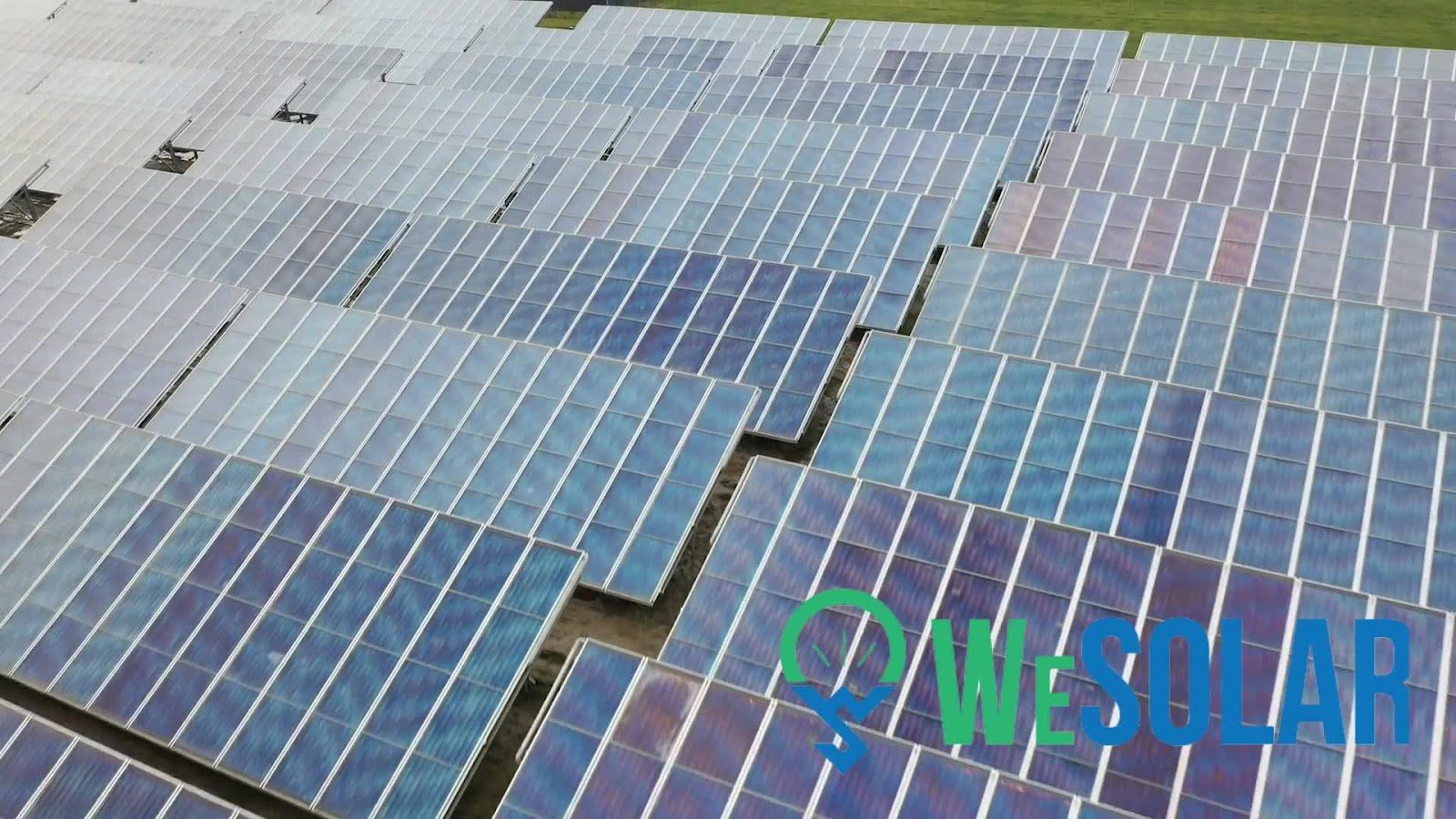
Photo Courtesy WeSolar
WeSolar builds solar farms for communities to use that connect to a local utility grid. Customers can subscribe to blocks of electricity or choose to purchase a part of the panels.
When customers sign up on the WeSolar website, renewable energy credits are put toward their electric bills. The company goes above and beyond energy access by helping residents and business owners make their properties as energy-efficient as possible. This effort is important for the neighborhoods that may have been often overlooked by local and state governments.
“Bringing solar farms to these neighborhoods means bringing community solar energy to communities that have not had it before. …” Hansley said to Black Enterprise. “Especially in this current moment, with a pandemic-induced recession, these farms help to create economic resilience and alleviate economic uncertainty for those who have been historically marginalized.”
Community operations can challenge the status quo. “Community solar can be an important answer to who gets to participate and benefit in the energy transition,” Gabriel Chan, assistant professor at the University of Minnesota’s Humphrey School of Public Affairs, told Bloomberg. “It can address the energy burden of low-income residents.”
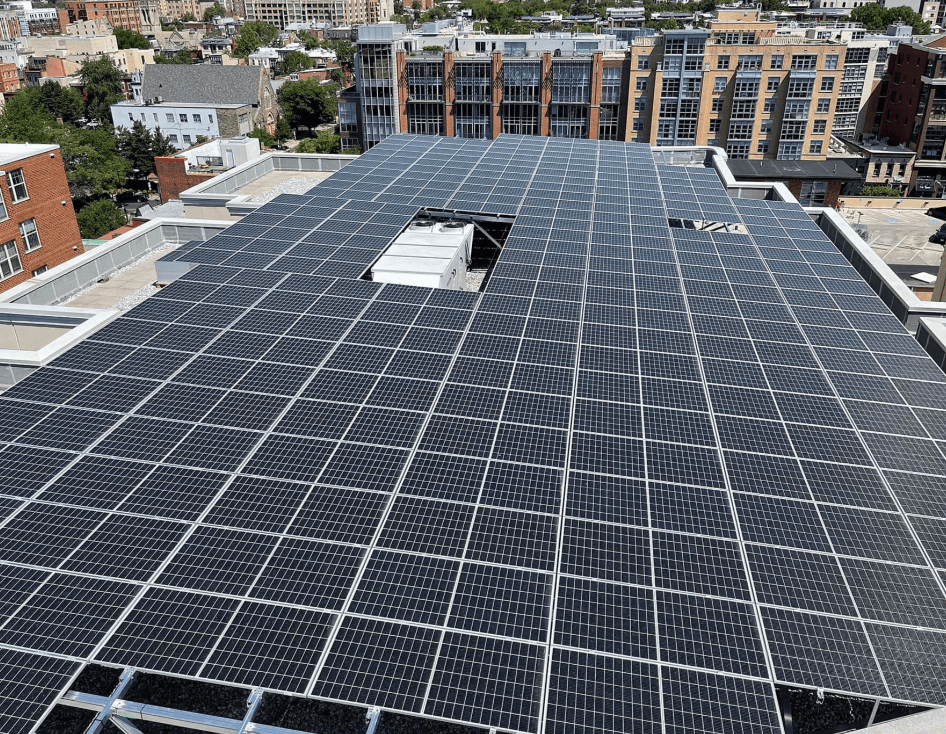
Photo Courtesy WeSolar
Overall, WeSolar can save the average household $250 per year in electric billing and $6,000 over the course of 20 years, which Hansley says is the lifespan of a solar panel.
In April, WeSolar expanded its business to Illinois. As Hansley and the company continue to increase clean energy access to all communities, her work can help the United States reach its net-zero carbon emissions goal by 2050.

